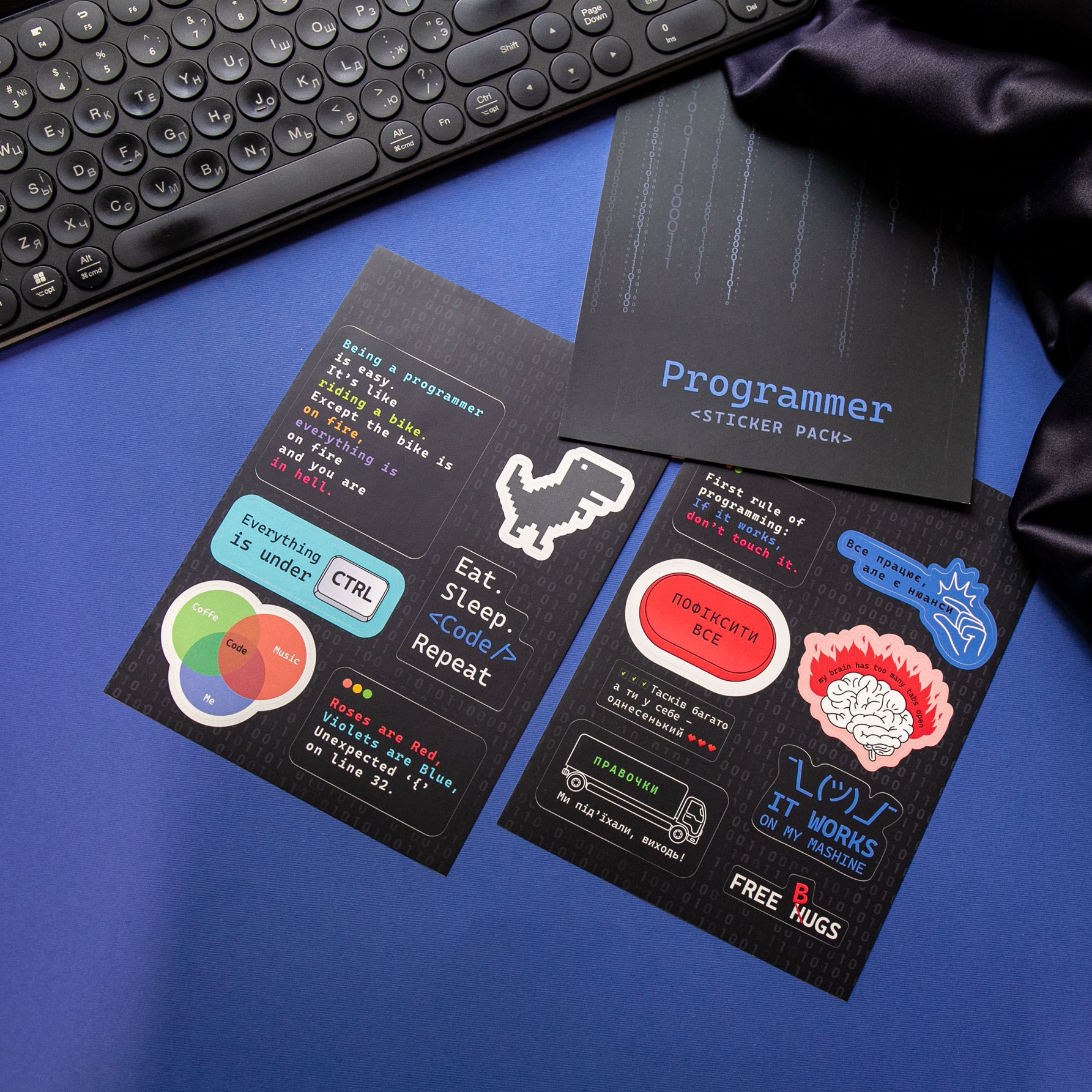The Future of Rewards
Published on April 15, 2025

💰 Gamified Corporate Currency: Why Rewards Work Better Than Bonuses
Imagine your employees receiving internal company currency instead of one-time bonuses, which they can exchange for things that genuinely inspire them. That’s how a gamified reward system works. Leading global companies have already turned their reward programs into engaging experiences—employees earn corporate currency for achieving goals and redeem it for gifts or digital certificates in a company store. This model is rapidly gaining popularity thanks to its positive impact on motivation, loyalty, and team development.
🏅 The Power of Non-Monetary Incentives: Points, Badges, and Recognition
People seek more than just money—they want to feel that their work matters. Research shows that financial bonuses are not the most memorable form of recognition. Employees rank public praise, personal thanks from a manager, new development opportunities, and added responsibility above cash rewards. In fact, 65% of employees prefer non-monetary rewards like gifts or trips over financial bonuses. These types of rewards leave a longer-lasting emotional impact and serve as reminders of achievement, while money often blends into everyday expenses.
Non-monetary rewards also boost business outcomes. Recognition programs have been shown to increase engagement, productivity, and overall effectiveness. Employees are more likely to repeat positive behaviors when they’re acknowledged and rewarded. Moreover, over 40% of employees say they would perform better if they received more frequent recognition. Timely appreciation builds pride and a sense of belonging, which directly reduces turnover. Nearly 80% of employees report that more frequent recognition would increase their loyalty to the company.
🎁 Digital Certificates: Personalized Rewards in Action
Digital certificates—such as gift cards or service vouchers—are one of the most convenient forms of non-monetary recognition. They allow for highly personalized rewards. Instead of receiving a standard gift, employees can choose how to spend their points: on books, training, dinner, or even donations. Seventy percent of employees say recognition is most valuable when it’s tailored to them.
These certificates are also logistically simple. They can be delivered digitally, making them ideal for remote teams. With a diverse catalog—from books and streaming services to online courses—companies can offer meaningful options while minimizing effort.
📦 Maximum Value from Gift Budgets
Traditionally, HR departments allocate budgets for holidays, anniversaries, and branded gifts. However, much of that budget often goes to waste on unused or redundant items. A shift toward corporate currency and an internal store helps optimize these funds. Employees "vote" with their points for what they truly want, ensuring the budget supports valuable and appreciated items.
This approach mirrors the cafeteria-style benefits concept: employees choose rewards relevant to their interests. Whether it’s a gym membership, movie tickets, or company merchandise, everyone gets something meaningful. The result is higher satisfaction without unnecessary spending.
A digital system also provides analytics—HR can track which items are most popular and adjust the catalog accordingly. This improves budget efficiency while boosting employee motivation and loyalty.
🚀 Growth-Focused Rewards: Investing in Employee Development
A well-designed rewards program does more than delight—it develops. When employees can use their points for training, books, online courses, or event tickets, recognition becomes a driver of growth.
Nearly half of employees say learning and growth opportunities are the best form of recognition. Especially in tech, people value skill development. When a company rewards success by investing in knowledge, everyone wins: employees grow professionally, and the company retains skilled, loyal talent.
🌍 Recognition Market and Global Trends
Recognition and reward programs are expanding globally because they benefit both employers and employees. The global recognition market is valued at billions and continues to grow. Companies are investing in platforms, gift catalogs, and analytics tools to track success. On average, organizations dedicate 1–2% of payroll to recognition—and the return on investment is evident in improved performance and retention.
Worldwide, non-monetary reward systems are becoming the norm. The majority of organizations now have some form of recognition program, and more are joining the trend each year.
🔎 Transparency and Control: Keys to a Successful Program
For a recognition system to work, it must be transparent and user-friendly. Employees should clearly understand how points are earned, view their balances, and know what options are available for redemption. This builds trust and encourages participation.
For HR and finance teams, modern digital platforms offer real-time insights—how budgets are used, what rewards are selected, and which managers recognize their teams most. These analytics help fine-tune the program and justify investments in recognition with measurable outcomes like improved engagement and reduced turnover.
Regularly updating the reward catalog keeps the experience fresh. Listening to employee feedback ensures the options remain relevant and exciting. Additionally, clear reporting helps manage the financial aspect, from tracking unspent points to staying compliant with tax laws.
🧩 Recnice: A Smart Solution for Modern Rewards
Implementing a gamified reward system may seem complex, but platforms like Recnice make it simple. Recnice offers a fully customizable solution for managing corporate currency, a gift catalog, and achievement-based recognition—all in one place. You can automate rewards for birthdays, work anniversaries, and other milestones with ease.
Recnice supports flexible, personalized rewards, including digital certificates and curated gifts. Its built-in analytics provides HR and managers with valuable insights into employee engagement and reward preferences.
By adopting Recnice, companies get a turnkey gamification platform that combines budget transparency, employee engagement, and a modern recognition experience—helping organizations build strong, motivated, and loyal teams.





